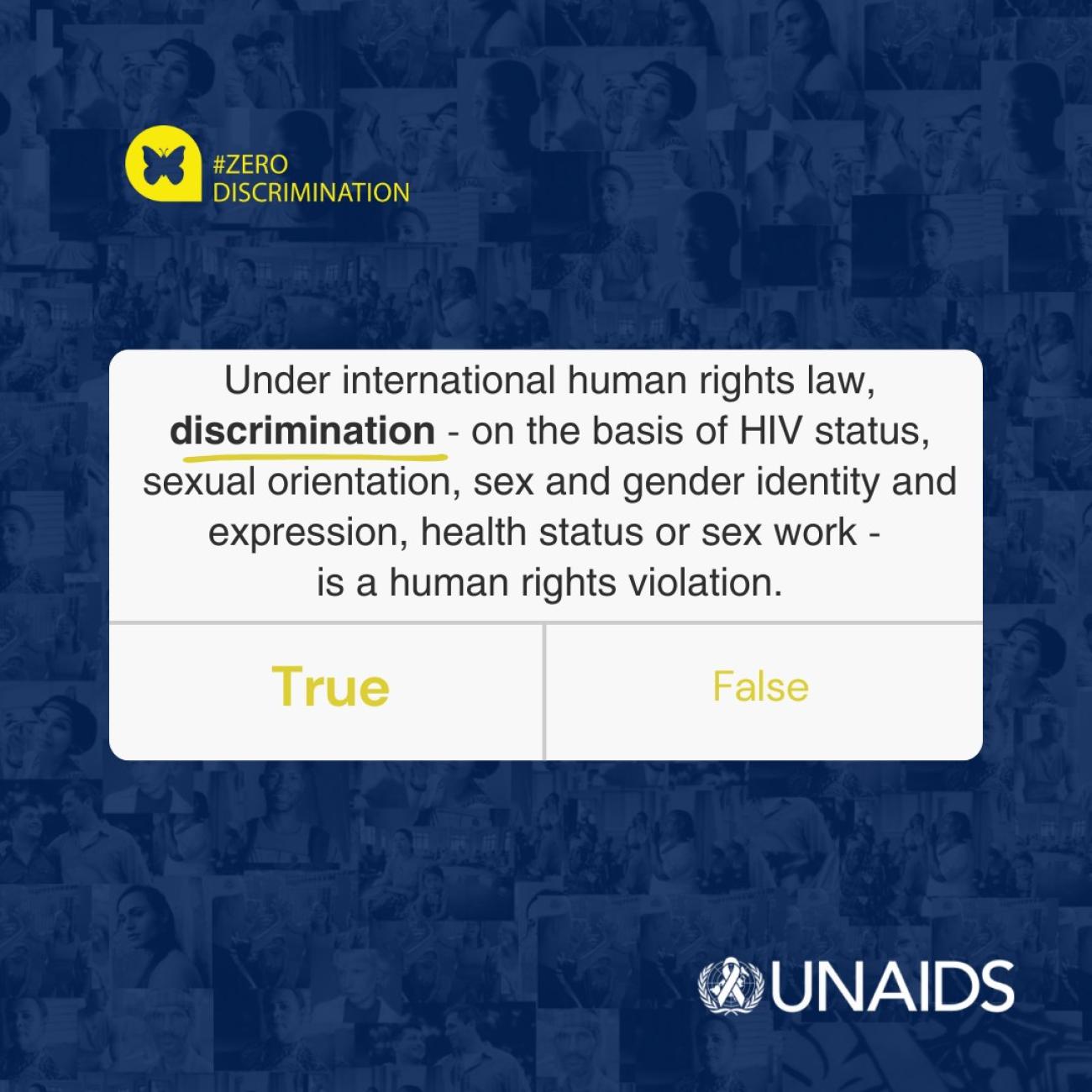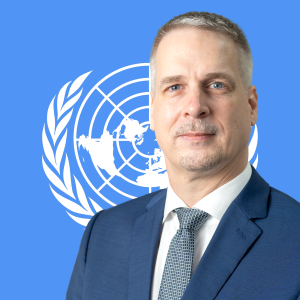March 1st marks a significant milestone as we observe the 10th anniversary of the United Nations Zero Discrimination Day, initiated by UNAIDS to safeguard the rights of all individuals and nurture healthier communities worldwide.
In Fiji, this commemoration highlights the vital truth that protecting everyone's rights is crucial for preserving public health and while Fiji has made notable progress, it still faces significant challenges.
Fiji's healthcare sector, particularly its response to HIV/AIDS, has shown pioneering spirit. Free Antiretroviral drugs (ARVs), comprehensive medical services for people living with HIV (PLHIV), and robust protections against discrimination through the 2011 HIV/AIDS Act are commendable achievements. These efforts ensure PLHIV in Fiji live with dignity and without stigma.
However, despite these achievements, Fiji has seen a 260% increase in new HIV infections over the last decade. This trend underscores the urgent need for continued and enhanced efforts to protect the rights and health of those most at risk.
While global efforts to decriminalize LGBTQ+ individuals and end HIV-related stigma offer hope, Fiji must recommit to expanding efforts to ensure every person, regardless of HIV status or any other factor, has access to necessary care and support.
This year's Zero Discrimination Day theme, "To protect everyone's health is to protect everyone's rights," resonates deeply with Fiji's challenges and achievements in the fight against HIV/AIDS. It emphasizes the importance of legal and social frameworks supporting health equity and access for all, aligning with Sustainable Development Goals such as Goal 3 (Good Health & Well-Being) and Goal 10 (Reduced Inequalities).
Community-led initiatives play a vital role in this fight. Organizations such as Rainbow Pride Foundation, FJN+, SAN Fiji, Strumphet Fiji, and FYSA advocate for their communities' rights, tirelessly pushing for legal reforms and reducing stigma and discrimination.
Leadership in advocacy, like that of Ratu Epeli Nailatikau, the UNAIDS Pacific Goodwill Ambassador, is crucial. His commitment has raised awareness and mobilized action against HIV/AIDS, highlighting the profound challenge to human rights and dignity.
Reflecting on the importance of inclusivity and rights in the fight against HIV, Ratu Epeli once stated, "We must recognize that addressing HIV/AIDS is not just a health issue but a profound challenge to human rights and dignity." This statement encapsulates the essence of our collective mission to protect health by safeguarding rights.
Despite progress, challenges persist. The rise in HIV infections in Fiji and increasing discrimination against marginalized communities globally demand action. Yet, the resilience and advocacy of affected communities demonstrate the effectiveness of community-led initiatives in promoting social change and health equity.
As we commemorate Zero Discrimination Day, let's recommit to supporting these communities. Protecting health through the protection of rights is not only morally imperative but also a practical necessity for ending AIDS and fostering a healthier, more inclusive society.
Together, we can confront discrimination, advocate for the rights and health of all Fijians, and work towards ending AIDS by 2030. It's a collective endeavor that requires empathy, support, and action from every segment of our society.




